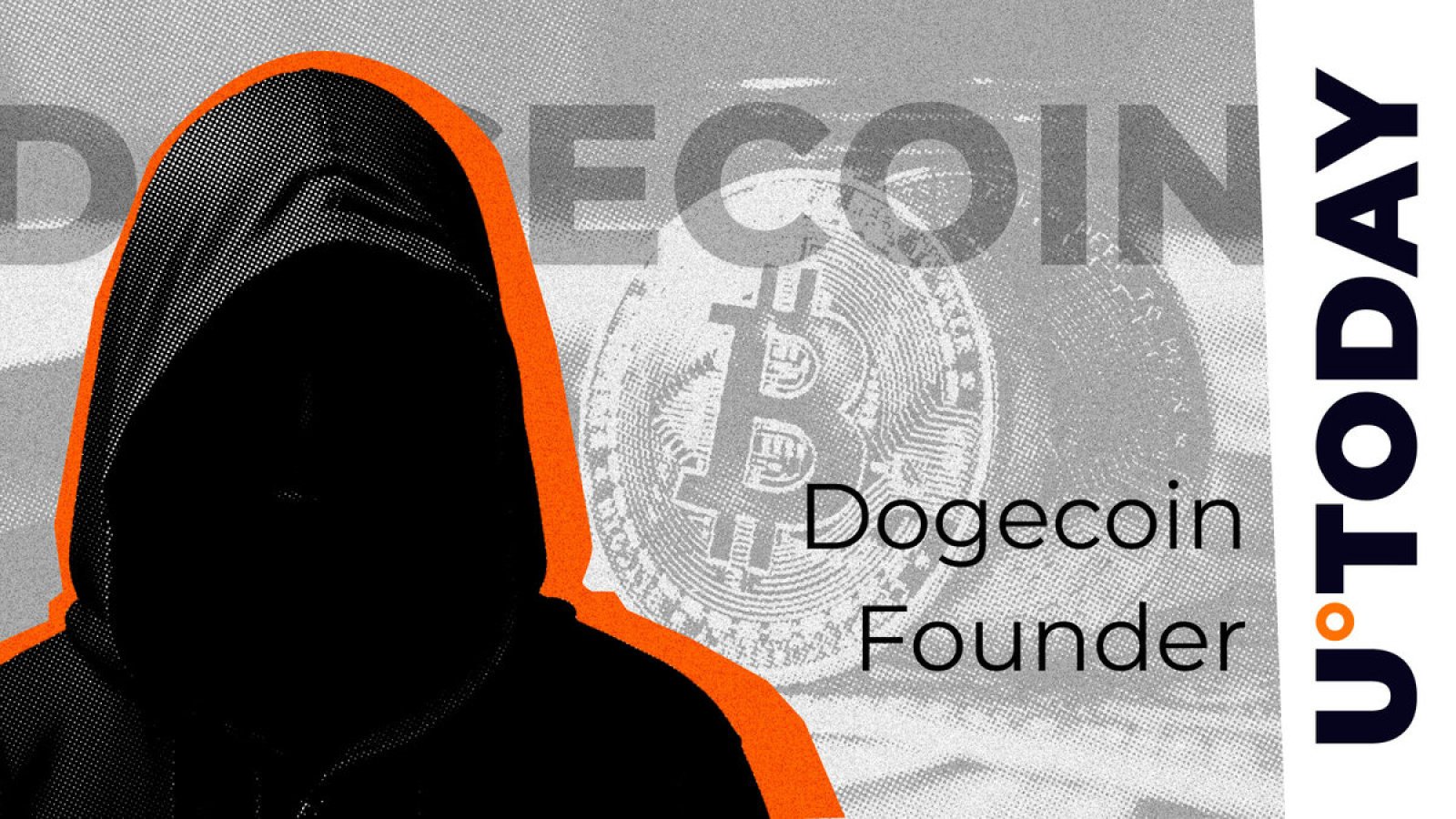The cryptocurrency community is slowly gaining traction in the global market, raising concern for several governments. The assets, known for their decentralized nature, pose a threat to many. Although some have accepted the trade by imposing a few regulations, a few have banned it in their country.
In recent years, the policies and regulations have changed substantially, and each region has developed its own set of rules and regulations. From the US to the European Union and Asia, the authorities are increasing their attempts to regulate digital currencies. Now, let us learn more about the regulations imposed by these regions on the crypto trade.
The United States: SEC’s Expanding Role in Crypto Oversight
Cryptocurrency regulation in the United States is shared by multiple agencies. The United States government, through the Securities and Exchange Commission (SEC), regulates the securities of the growing industry, especially for those that offer Initial Coin Offerings (ICOs). Further, the SEC has been particularly active in filing charges against operations such as Ripple for offering unregistered securities.
The Internal Revenue Service (IRS) also controls the system for taxing cryptocurrencies. The IRS sees cryptocurrencies as properties. Profits from selling or trading them are subject to capital gains tax. This categorization also connects with other income generation strategies, including mining or staking.
FinCEN’s (Financial Crimes Enforcement Network) duty is to implement rules associated with anti-money laundering laws for their actual implementation in practice. The Bank Secrecy Act covers all exchanges and organizations. They must identify customers and report transactions over $10,000. Although the U.S. has not passed stringent crypto laws, its flexible approach tries to control the industry while promoting growth.
European Union: Leading the Charge with MiCA
The European Union has a more complex system of cryptocurrencies regulation than the United States. On May 2023, EU adopted the Markets in Crypto-Assets (MiCA) regulation. It forms a backdrop on the crypto sector in the entire EU region. MiCA is considered the first global regulation of crypto asset rules and regulations.
MiCA covers most forms of digital assets, including utility tokens and stablecoins, while imposing high requirements for crypto service providers who are set intermediaries for access to trading and custody services. The first predicate of MiCA is the AML section that makes crypto service providers accountable for collecting and transmitting information regarding the involved parties in the transactions. This is meant to eliminate the ability of digital currencies in funding illicit businesses, money laundering and terrorist financing.
Based on the provisions for licensing within MiCA, the regulation sets out the requirements for the EU to issue a cryptocurrency. They seek to harmonise laws across the country and give fair competition to crypto firms, and enhance consumer protection. This regulation is among those that form the EU’s digital finance package. It aims to promote an innovative and competitive financial sector, reducing the risks from technologies such as distributed ledger technology (DLT).
Asia: A Region of Diverse Approaches
Asia’s regulation of cryptocurrency is very diverse. Different countries implement different methods. Japan is among the first countries to adopt a regulatory scheme for cryptocurrency exchanges. The nation has strict rules on how these platforms should work, including its licensing standards and extensive AML measures, which have led to a safe and secure market.
However, the Chinese government has cracked down on cryptocurrency. It has prohibited nearly all operations associated with digital currencies such as mining and exchanging. Still, China is enamored with blockchain technology and is already employing it in the form of its central bank digital currency, the digital yuan. Thus, China is looking for a better strategy that will ensure control over its financial system availing the feature of blockchain.
Interestingly, other Asian countries like South Korea and Singapore are maintaining a balance between regulating and innovating their economies. While South Korea has recently regulated the market rather strictly in order to prevent fraudulent schemes and protect investors, Singapore has created a rather liberal market for cryptos. More significantly, both parties are gradually developing their blockchain technology.
India: Navigating Uncertain Waters
In India, cryptocurrency regulations are quite complex and evolve consistently. The country has witnessed a large-scale legalization controversy over the usage of digital assets. Further, the government had plans to prohibit private cryptocurrencies while considering issuing a CBDC. However, in late 2023, the country introduced a bill that focused on protecting consumers from fraud and also preventing criminal activities.
Earlier, the cryptocurrencies were not recognized as legal tender nor there was any ban on the assets. Later, the government introduced a 30 percent tax on crypto trading profits. There is also a 1 percent TDS (Tax Deducted at Source) on transactions. The Reserve Bank of India (RBI), alarmed by the risks of these digital assets, called for stricter regulations. The Indian government is currently in the process of bringing in more concrete laws to control the crypto trade and provide a clearer image to investors and firms while also considering the innovation part of the process.
Australia: Striking a Balance
Australia is actively working to bring cryptocurrencies under legal control with the Australian Securities & Investments Commission (ASIC) increasing the Corporations Act to require financial licenses from cryptos exchanges. This step was taken in an effort to make certain that these platforms abide by high levels of consumer protection and AML protocols.
In 2024 Australia wanted to harmonize the regulatory framework in relation to licensing and ensure coordination with entities dealing with digital asset services. This effort seeks to increase consumers’ confidence and decrease illegality. The case of Australia even currently examines the possibility of a CBDC that proves the desire of the Australia government to employ cryptocurrencies within the economy.
Global Crypto Regulations: Japan & South Korea Lead the Way
International Cooperation: The Need for Global Standards
Because cryptocurrency is decentralized, no country can regulate it for the purposes of legislation. Without global or regional co-ordination, there is the potential that those pursuing the negative intent may take advantage of regulatory gaps. The G7 and other global groups have called on countries to set the standard rule when it comes to regulating the use of crypto assets.
In 2023, the G7 voiced a regulatory need for good governance measures governing crypto assets. This would entail coordinating regulation everywhere, promoting uniformity and curbing regulation arbitrage. The IMF and FATF are developing work on risks from cryptocurrencies, particularly money laundering and terrorist financing.
Conclusion
Overall, the current shift in crypto regulation makes 2024 a critical year. In the context of the U.S., there has been growing concern to enlarge the sphere of jurisdiction of the SEC. The MiCA regulation which is from EU has set the standard on how to regulate crypto and the Asian countries have their own strategies.
While global regulators struggle with decentralized and borderless tech, collaboration on an international scale is crucial to harmonize creativity with a secure and open crypto market.










